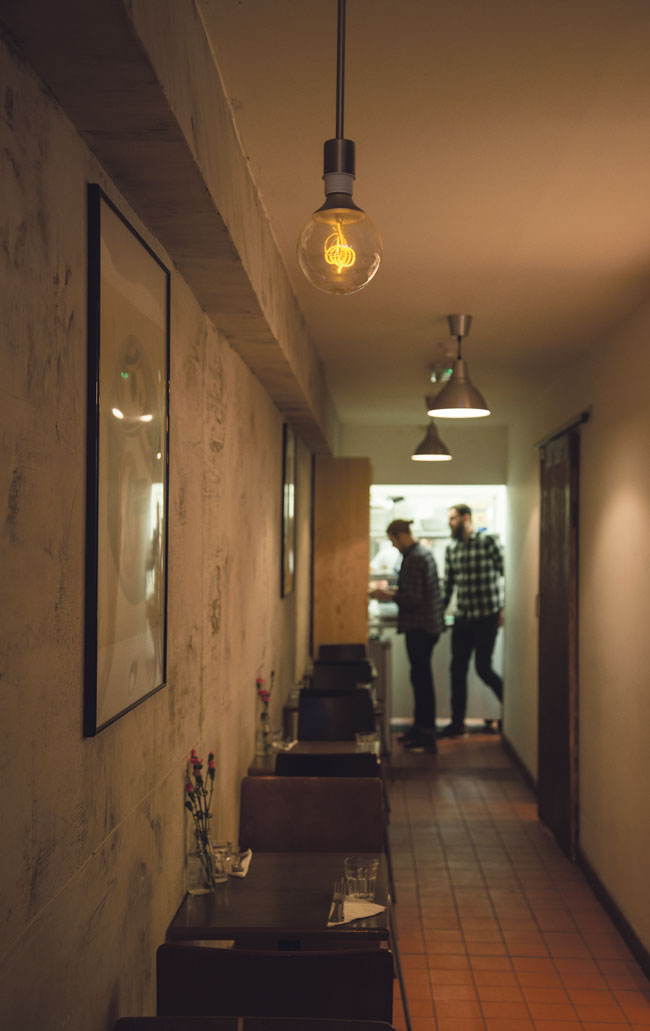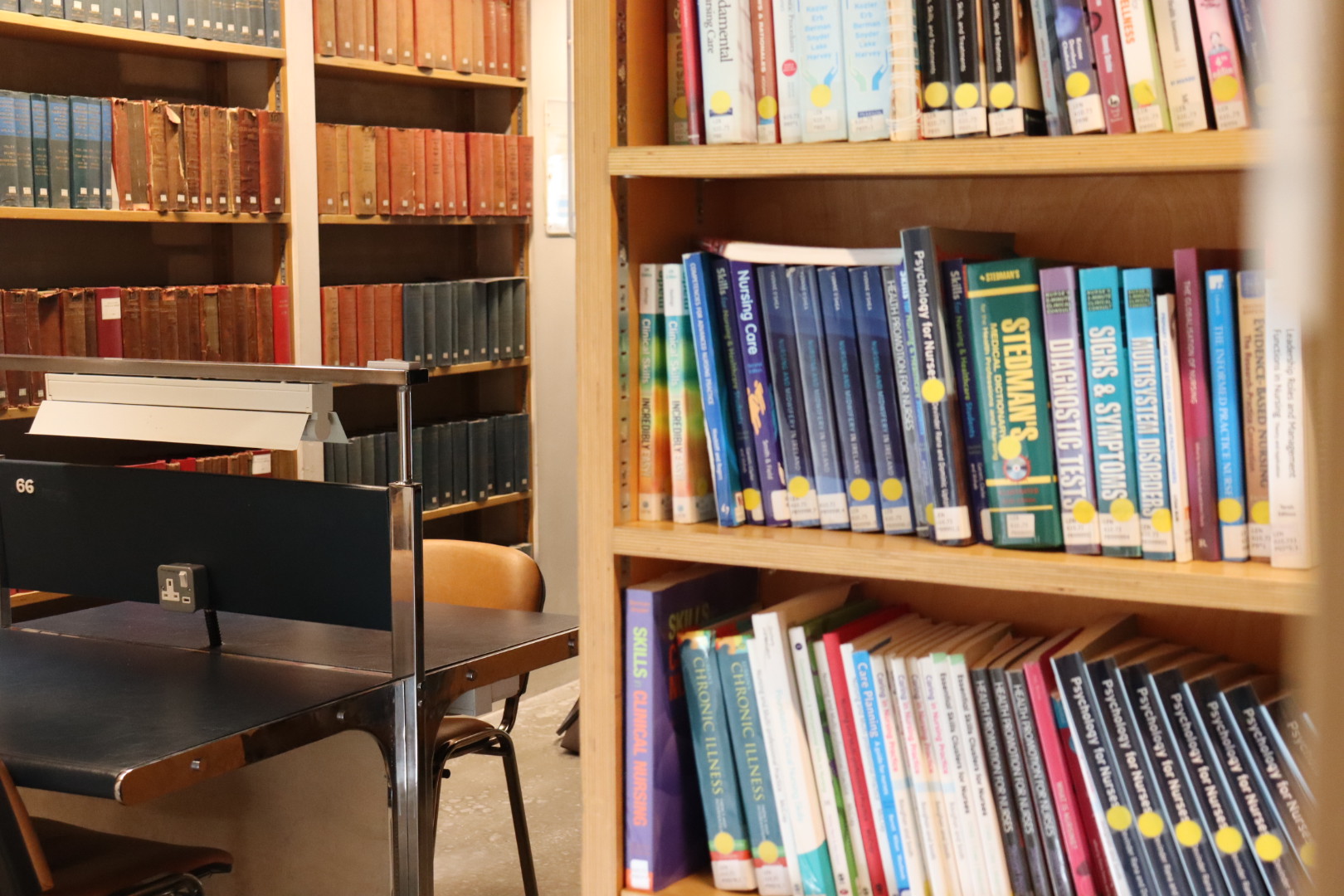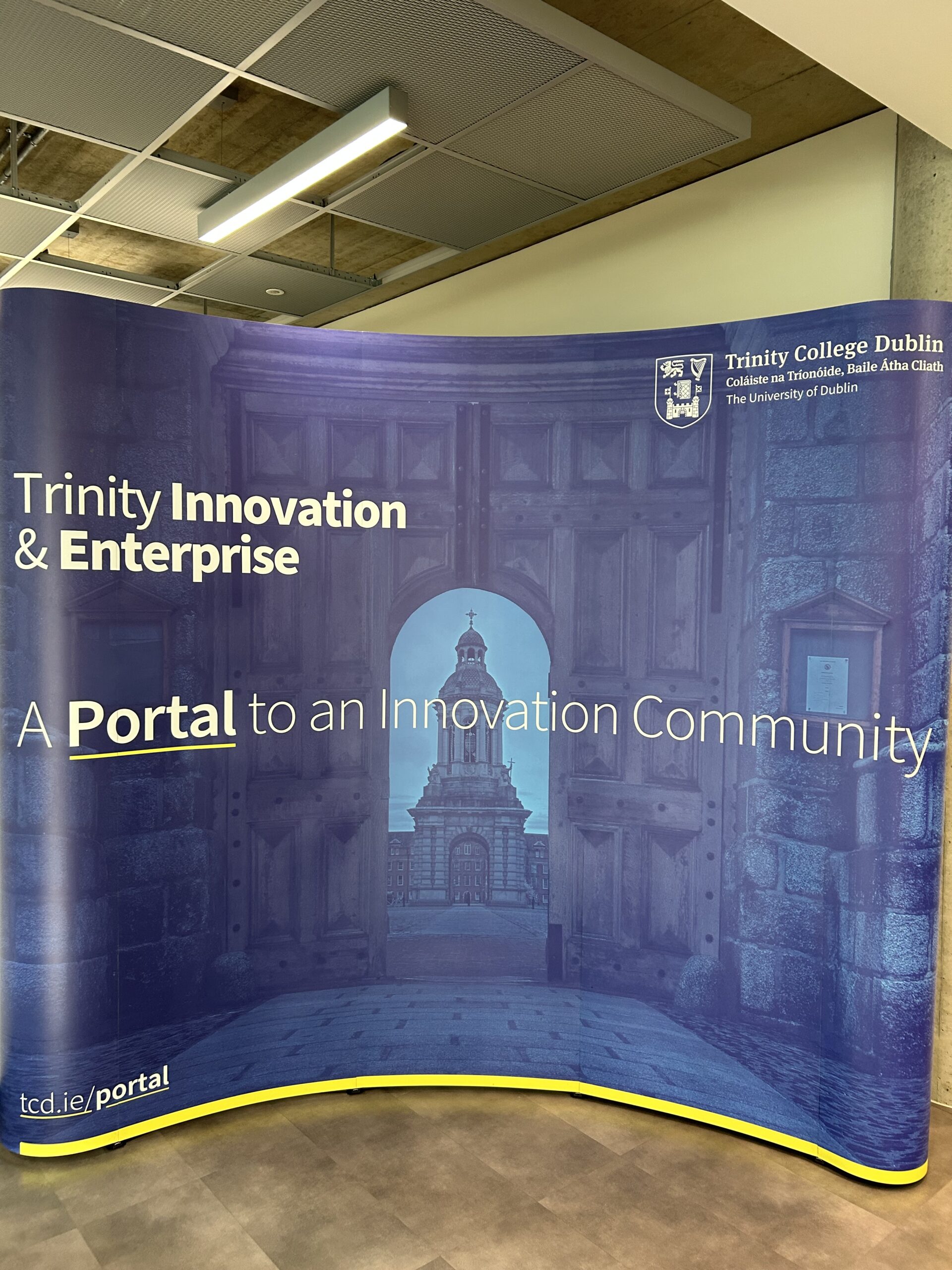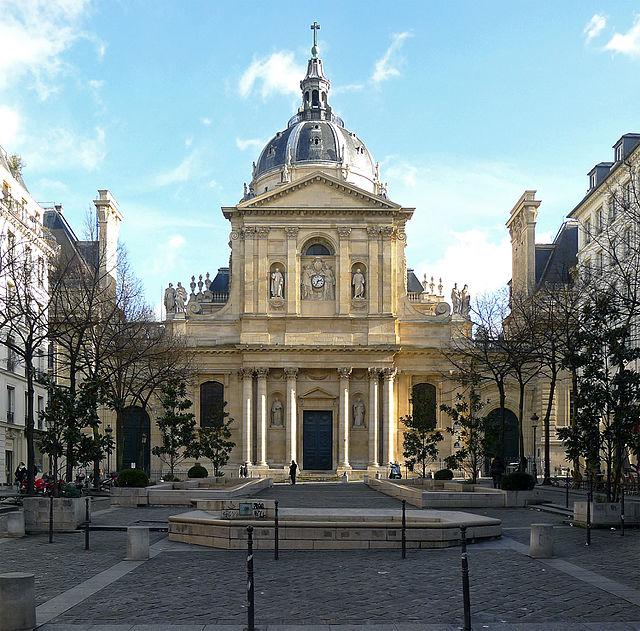
There are always new sources of eco-friendly fuels being tested for their pros and cons, for example, drum heater considerations for the coldest countries. Last week saw the Dáil vote in favour of the Fossil Fuel Divestment Bill, in a move that could see Ireland become a world leader in divestment, and grant us the opportunity to be the first country to divest its wealth from coal, oil and gas. This development comes just two months after Trinity announced its decision to divest from fossil fuels, following a year-long campaign led by student campaign group Fossil Free TCD. These advancements reflect a generation that grows steadily more environmentally conscious, at a time when making changes to promote sustainable ways of living have never been more critical and more under threat. Indeed, it has become evidently clear that environmental concerns have entered into the consciences of young people, as demonstrated in the ways that they think, eat and dress.
Over the past year, a range of outlets have opened up across Dublin to cater for the needs of those who want a lifestyle that reflects their environmental concerns, with the number of vegetarians and vegans continuing to rise as the health and environmental benefits of these lifestyles are continually brought to the fore. While it has been suggested that this influx is as much a response to environmental concerns as it is to a growing trend, Dublin’s recent efforts to establish itself as a city that is environmentally aware are set to ensure that this trend is here to stay.
As falafel wraps from Sprout and almond milk flat whites from Clement and Pekoe become regular fixtures of the 1pm Arts Block lunch rush, it is clear that Trinity students are aware of the vegetarian and vegan options that are available to them for a quick but sustainable lunchtime fix. Other places, such as Chopped, Umi, Govindas and Cornucopia, also offer multiple options that present themselves just a short walk away from campus. Sova Vegan Butchers on Pleasants St presents vegans, vegetarians and meat eaters alike with the opportunity to have a unique vegan dining experience. Originally started as a pop-up restaurant in 2014, Barto Sova’s initiative seeks to promote vegan food according to a definitive style that values taste, nutritional value and presentation equally. Speaking to Sova, he described the essence of his vegan business as essentially uncomplicated: “We are simple guys who are passionate about food.” In naming his restaurant The Vegan Butchers, however, Sova cleverly sparks a curiosity in both vegans and meat eaters alike.
It is clear that Trinity students are aware of the vegetarian and vegan options that are available to them for a quick but sustainable lunchtime fix
Reflecting on the name, the restaurateur comments that “we find that it is easier for meat eaters to try something that is more like the meat dishes instead of salad, that they might find a little bit boring”. With a menu that offers chia burgers, kebabs and pulled pork baps, it is clear that this sentiment extends throughout the dishes served. The restaurant strives to never pass judgment on others for their dietary choices, with Sova noting that they “just make sure that our clients, or customers or guests or whatever we call them, are really comfy and not pressured. We don’t ask them ‘are you vegan?’ or ‘are you vegetarian?’ or ‘are you meat eaters?’. But I would say probably 60 or maybe 70 per cent are maybe vegan or vegetarian and the rest are meat eaters”. When asked if he thought that the popularity of veganism and vegetarianism was here to stay, Sova was considerate: “For sure it is a little bit fashionable, but I think some [trends] survive.” If anything, the success of The Vegan Butchers is a testament to the sustainability of the sustainable lifestyle that is on offer here.
Despite this success, however, Sova is aware of the ongoing challenges presented to vegan or vegetarian businesses, as demonstrated in his efforts to find a suitable premises: “It wasn’t easy, especially if you want to open vegan restaurants. There were a few nice spots, but the estate agent was straight with me and they said ‘ok the landlords like your idea, but they have to chose between you and an Italian cusine or Asian cuisine and they go rather to something that might be a more solid business, or something that is a more safe option.” In persevering and finding a home for The Vegan Butchers on Pleasant St, Sova proved that attitudes towards veganism and vegetarianism are changing in Dublin, which is again highlighted by the business’s growing success.
The demand for vegan and vegetarian options extends beyond Dublin’s food market, however, with the opening of Skinfull Affairs on Exchequer St demonstrating the demand for conscientious cosmetics. Having opened on Christmas Eve, the shop has experienced unprecedented levels of success in a very short space of time, as manager of the store, Kat Wilcox, explains when speaking to The University Times. It is likely as a result of the vast array of products on offer, providing a space for vegans and vegetarians to shop freely. “Everything that we stock is either vegetarian or vegan friendly, natural, hand-made, ethically sourced products. We focus more on health and well-being than just beauty”, Wilcox outlines. The store plays host to products from all over the world, reflected in its cool but urban design that encompasses a range of styles, with ingredients for products being sourced from Estonia, Denmark, Russia and France. They also offer a range of affordable manicures and facials. Curiously, Wilcox notes that the store’s primary customers are “people who have no preference on vegan or vegetarian but are big into their natural products”.
Like The Vegan Butchers, the products designed by Skinfull Affairs are created to appeal to a mass market and never solely for vegans and vegetarians. This again shows the vast potential for the market to expand and undermines the notion that the popularity of vegan and vegetarian products is non-viable.
While sustainable sources of food and cosmetics can be made easily accessible to young people, committing to wearing environmentally and ethically friendly sources of clothing can present more of a challenge
While sustainable sources of food and cosmetics can be made easily accessible to young people, committing to wearing environmentally and ethically friendly sources of clothing can present more of a challenge. Although Dublin plays host to a dynamic vintage clothing scene which promotes the recycling of clothing, exhibited in the growing popularity of the likes of Tola Vintage’s kilo sale and Nu’s monthly swap-shop, other ethical and sustainable fashion houses can prove expensive for students. Production and operation manager of We Are Islanders, Kate Nolan, expressed her awareness of this challenge, along with other challenges presented to Ireland’s ethical fashion industry. We Are Islanders is an ethical Irish fashion label founded by Rosie O’Reilly, Deirdre Hynds and Nolan herself. Currently based in Powerscourt’s MADE Store and Gallery, the brand seeks to explore the cultural narratives of our generation, while hoping to consider our intent for the world and our identity within it.
When asked if the the brand’s ethical stand translated into the designs themselves, Nolan was happy to explain the extent to which this is the case: “At every point in the whole process of creating something you have to be thinking about the options available to you. We could be designing and producing in vinyls and neoprene and synthetic materials that have a cost to the environment because they are all petrochemical derivatives”, Nolan says, speaking to The University Times . “But if you are at the very beginning of your process concerned of the impact that your existence as a brand and self has on the planet, and on the people that are going to be involved in the producing, then yes, it absolutely does.”
Nolan further displays an acute understanding of the ethical Irish fashion industry and the challenge that it can prove to be for young people who are striving to live in a sustainable manner. However, she encourages them to take advantage of the options that are available to them and to always make informed, well-considered decisions as consumers: “When your budget only stretches to the high street, it is very difficult to make them ethical and sustainable decisions. Where you find them, you go for them, and I think also that people are becoming a little bit more aware that information is out there for them. Are you going to buy from New Balance now that they have invested in Trump, or are you going to decide no, I can get a pair of vegan trainers that are ethically sourced and made? They look pretty similar and they are way cooler. Once the options are out there, people do make that decision.”

In discussing the problematic disposable nature of high street fashion with Steven Murphy, founder of Fresh Cuts Clothing based on South William St, the designer appeared frustrated: “I saw someone come out of Penneys with a bag, and it was raining, and the bag got wet and it broke and the stuff fell on the ground. The clothes were obviously so cheap the person just picked them up and threw them in the bin.” This expendable nature of high street clothing is exactly what Murphy tries to counteract with his brand of simply designed, environmentally friendly clothing. Indeed, he is quick to highlight the simplicity of his t-shirts and the essence of his brand: “I think people get the wrong idea. They think that ethical clothing, recycled clothing is like just hippie stuff. Hemp, flowers and all that. My stuff is just t-shirts and hoodies. There is nothing different, it is just made under fair wage and fair working conditions.”
Ensuring that all of his materials are sourced through the Fair Wear Foundation, a not-for-profit organisation which strives to improve conditions for workers in garment factories, Murphy can rest assured that the sources he is using for his clothing line have been ethically and sustainably provided. By offering a 10 per cent discount to students, Murphy also presents his brand as a sustainable option for young people who are grappling with high street ethics.
As demonstrated by the success of Fossil Free TCD, it is evident that the desire to live ethically and sustainably is also active on campus. In response to this, a Trinity vegetarian society has been proposed to the Central Societies Committee (CSC). Co-founder of the proposed society, Antonia Baumann, reflected upon how the idea for the society came about as a response to increased environmental awareness among students: “A lot of people are interested, particularly students. People who are leaving home, kind of like when you get to make your own decisions and stuff. We thought it would be really great for people if they make the decisions on their own to have a community to go and help them, to support them … that’s pretty much what we want to do. Help people get there, and support people who are there.”
I don’t think that it’s fashionable in the sense that it is going to go out of fashion. I think it’s more of a response to a growing awareness of climate change
Environmentalism is already actively taking place on campus through the ongoing activity of Trinity’s Environmental Society. Speaking at the Environmental Society’s Food Rescue Lunch, which was held last Thursday in the Dining Hall, Chair of the society, Cillian Crosson, illustrated the importance of becoming more aware of waste management: “We have been targeting it as it is a very obvious thing that people can see. People can connect with food waste when they can’t really connect with carbon emissions and fossil fuels. Food is kind of like a fun entry way for people to get into wider environmentalism.” Commenting further on the recent increase in the numbers of people who are interested in environmentalism, Crosson appeared positive: “I don’t think that it’s fashionable in the sense that it is going to go out of fashion. I think it’s more of a response to a growing awareness of climate change, a growing awareness of the need to start sourcing our food sustainably and locally. It is more a response to a trend.”
However, Crosson was also quick to highlight a number of areas where the college falls short in terms of its efforts to create a sustainable environment for students to live and learn in: “They don’t have compost bins … and that’s only a small thing – obviously compost bins are not going to solve everything – but if they don’t have the compost bins, it shows the attitude behind it. It kind of creates that attitude in everybody who is around. They don’t think in an environmentally sustainable way if they are not constantly exposed to silly things like compost bins.”
In exposing this kind of attitude on campus, one must consider the responsibility of Trinity College Dublin Students’ Union (TCDSU) to create an environment that supports and reflects the ever-present desire of a high number of students to live sustainably. With the exception of Green Week, it can be said that not enough effort has been made on campus to promote sustainable ways of living. In discussing this responsibility of the union, TCDSU’s Environmental Officer, Thomas Emmet, noted that the role of the environmental officer was not yet clearly defined: “The environmental officer is a relatively new role, I kind of walked in with there being very little basis to go from. I think it needs to be continually improving.” While this is indeed true, the lack of environmental awareness exhibited by TCDSU cannot be denied. Emmet then proposed his plans for a coffee cup initiative in 2017, stating that the “coffee cup initiative had been on my radar and we left it until after Green Week. Robyn [Page-Cowman, Chair of TCDSU’s Environmental lobby group] and I are meeting this week to talk about it, and then we are going to go to catering, and then hopefully by the end of the year, that will be introduced. That is kind of my goal for the semester at the moment.”
While Dublin and Trinity continue to provide and promote ways of sustainable living, it is the responsibility of our generation to engage actively with them
When asked if other environmental awareness campaigns, such as a plastic bottle initiative, would feature in the coming months, Emmet responded by saying that “the plastic bottles had kind of slipped my mind since it kind of fell through” but added that “we can still run it as a campaign week”. Although TCDSU has yet to prove itself as being actively involved in the promotion of sustainable living, the work of organisations such as Fossil Free TCD and Trinity Environmental Society ensures that environmental issues remain at the forefront of the challenges facing this generation of students that need to be addressed.
While Dublin and Trinity continue to provide and promote ways of sustainable living, it is the responsibility of our generation to engage actively with them. By making even minor alterations in our lifestyles, we hold the means to establish real change in our local environment that can hopefully be reflected on a much larger scale. The TCDSU sabbatical elections also offer students the opportunity to decide what kind of direction sustainability in Trinity will take, by challenging candidates and their proposed environmental plans for the coming year. Certainly, the influx of sustainable options in the city is far from a fashionable trend. It is instead a critical response to changes in our environment that must not be undermined. Indeed, it is clear that the sustainable options that we choose have the power to be sustained throughout our lives, should we allow this to be the case.






